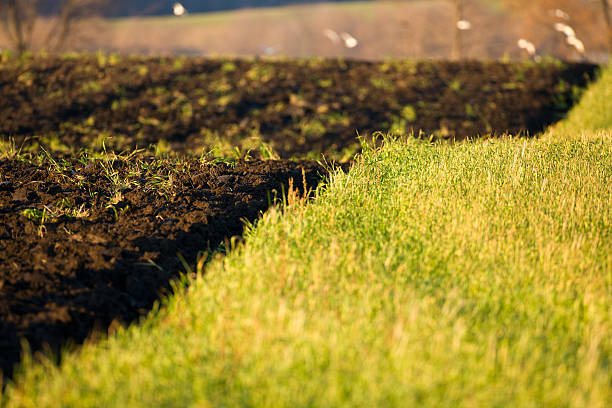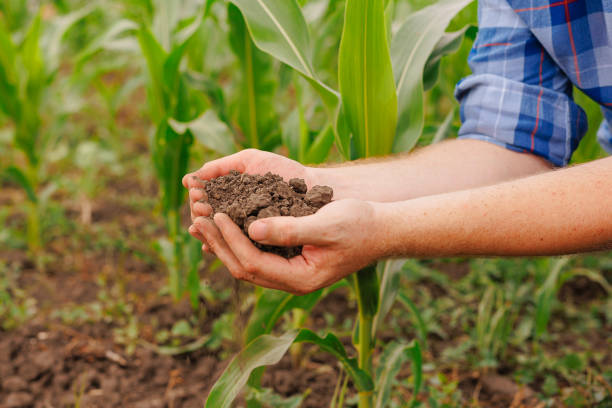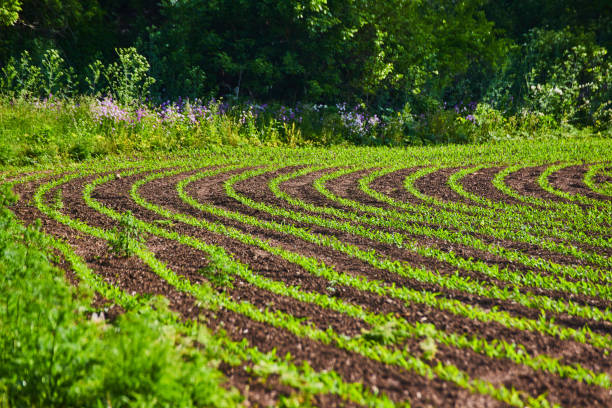When gardening, there is plenty to learn and explore as time goes on. One of the most important parts of gardening is understanding the concept of crop rotation and how it helps your garden.
Understanding crop rotation
The idea of crop rotation is to plant different crops on the same plot of land to help improve soil health. The aim is to maximize the soil and health of the crops. Planting different crops on the same plot of soil helps build up lost nutrients in the soil and combat pests and weeds. Some plants take nutrients away from the soil. Growing the same plants in the same place year after year will mean your soil deteriorates in both fertility and structure.
This is why crop rotation is an effective way of dealing with both these issues. When practising crop rotation in your garden, plant crops of similar types that share the same growing conditions. This makes it easier to provide them with exactly what they need, as they share the same cultivation methods.

Image Credit: Unsplash
Plants perfect for crop rotation
Gardens will see an improvement in their soils when planting crops that will benefit the soil. Plants such such as:
Beans
They work as a natural fertilizer for crops. Beans help return lost nitrogen to the soil, making them one of the perfect crops to stabilize the soil.
Onions or Carrots
These crops produce the main part of the crop under the soil. This, in turn, helps to bring back the necessary nutrients lost to the soil.
Potatoes
The main reason for this is that harvesting potatoes requires heavy digging which is a vital part of crop rotation. Since potatoes are underground crops they share the same growing and feeding requirements as chillies and eggplants.
The benefits of crop rotation
Crop rotation is for the benefit of your soil and crop production.
- Rotating crops can also help prevent a build-up of pests in your garden.
- Planting similar crops with common watering, and feeding requirements will help benefit your soil
- Crops in the same plant groups have similar sowing and harvesting times, making them easy to manage.

Image Credit: Unsplash
Crop rotation won’t be for every gardener, as it takes planning and requiring knowledge to maintain the growing success of your produce.
ALSO SEE:
Feature Image: Unsplash

